AI is only Part of the Future
 Photo by Markus Spiske from Pexels
Photo by Markus Spiske from Pexels
Artificial intelligence is already a part of schools everywhere. You find it in customized lessons taught via computer, data-management software, predictive and prompted emails, and adjustments in climate-controlled buildings.
AI also has begun to permeate instruction, with interactive robots and curriculum built around STEM fields. In short, AI is changing the face of education.
- 0 Comments
- Dec 10, 2020 10:00:00 AM
- Posted by Natalia Galvis
- Topics: EdTech, STEM, Curriculum, Artificial Intelligence, teachers, students, Technology, Edchat, AI, Digital Technology, teaching, online, lessons, eLearning
Why Every School Should Have a Robotics Curriculum
By Coder Z
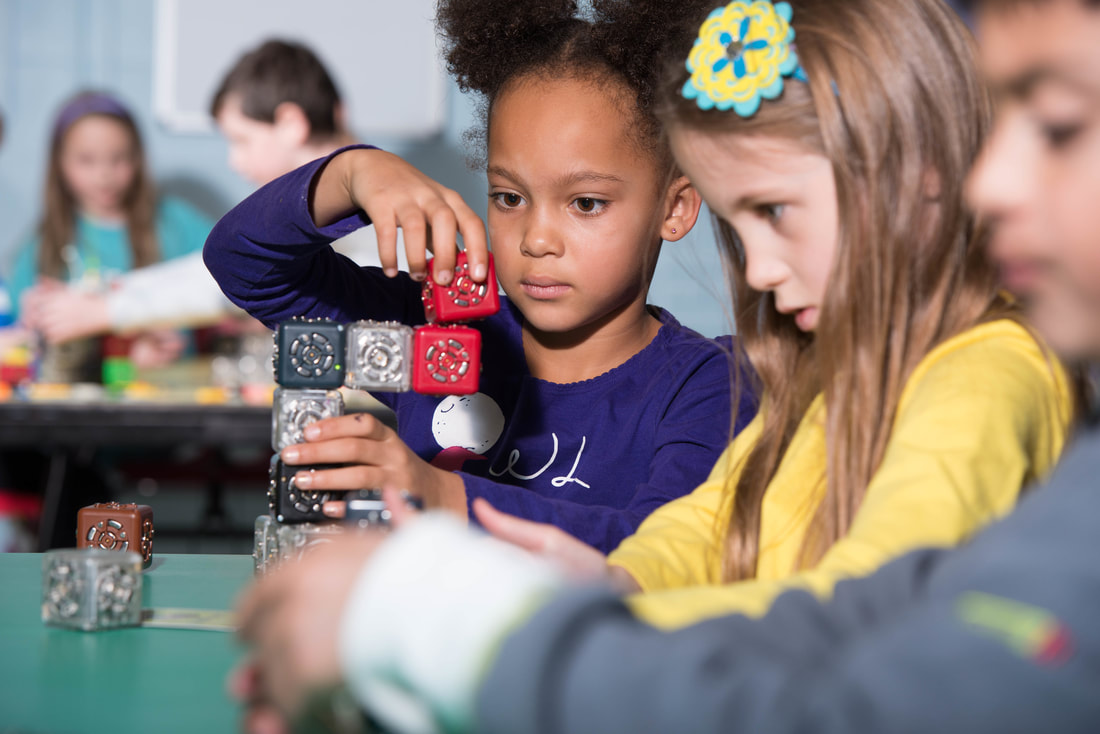 Image source: https://www.modrobotics.com/
Image source: https://www.modrobotics.com/
Everything evolves. We witness evolution constantly. Technology, human relationships, hierarchies structures, and even the way we interact with nature, is constantly evolving.
For that reason, it becomes hard to see critical aspects of our daily life that aren’t evolving at the speed of some other items. Many areas of our lives are stuck in a model that has been around for several decades. We haven’t even tried to make some tiny changes in these aspects, which change from one person to the other, in order to test what would happen.
We do see, for example, that schools are walking a different path. Trying to incorporate the necessary spaces, subjects or tools that will help their current students to become the leaders of a world that is, as we mentioned before, constantly evolving.
But which kind of programs can allow kids in school to explore, to try new things, and to develop numerous skills that are going to assist them in conquering the world in the near future? What are the subjects we should work on to become the architects of a positive and transcendental revolution?
- 0 Comments
- Dec 9, 2020 10:00:00 AM
- Posted by Natalia Galvis
- Topics: EdTech, STEM, Curriculum, teachers, students, Technology, Edchat, Digital Technology, teaching, online, lessons, eLearning
3 Crucial ways Edtech Providers Can Support Virtual Learning
By Teresa Anania
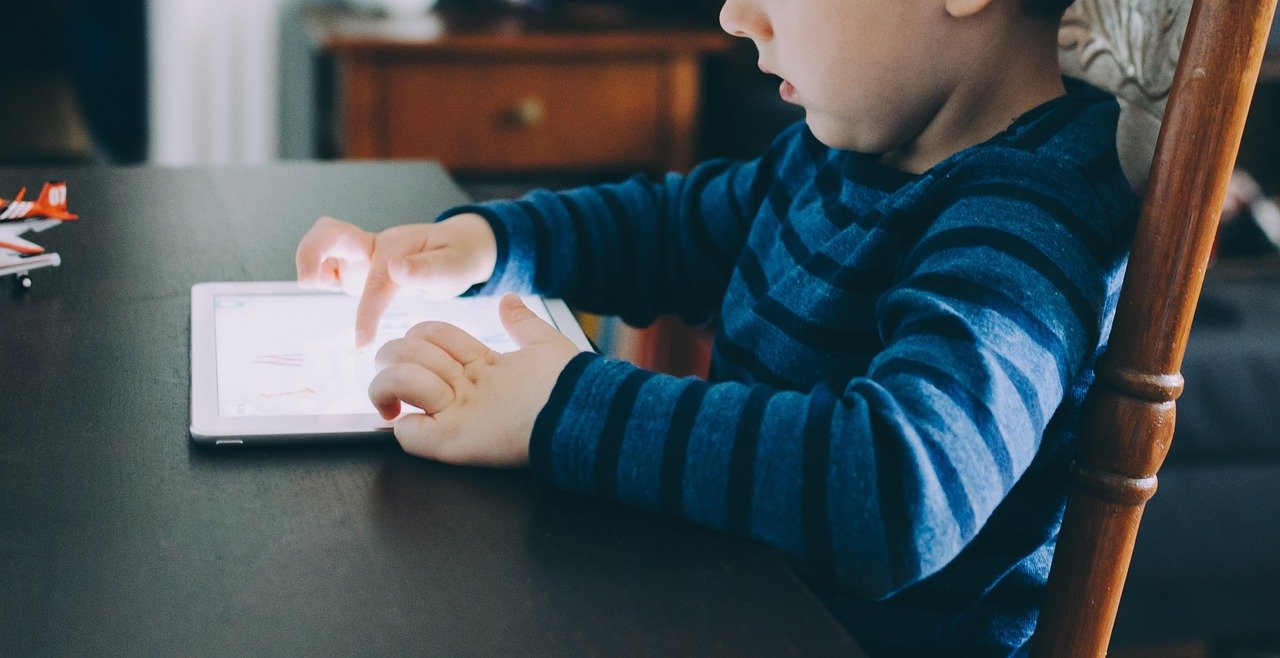 Image by StockSnap from Pixabay
Image by StockSnap from Pixabay
Edtech support has become essential with the increase in online learning--here are three ways to help operations run smoothly
- 0 Comments
- Dec 8, 2020 10:00:00 AM
- Posted by Natalia Galvis
- Topics: EdTech, STEM, Curriculum, teachers, students, Technology, Edchat, Digital Technology, teaching, online, lessons, eLearning
RobotLAB, Creator of VR Expeditions 2.0 Expands Its Educational Virtual Field-Trips Offering With Class VR
Expanding on the already rich virtual reality offering, RobotLAB announced its partnership with Class VR, cementing its position as the leader in VR/AR technology for the classroom.
 Image source: https://www.classvr.com/
Image source: https://www.classvr.com/
- 0 Comments
- Dec 7, 2020 12:22:35 PM
- Posted by Natalia Galvis
- Topics: EdTech, STEM, Curriculum, teachers, students, Technology, Edchat, Digital Technology, teaching, online, lessons, eLearning
Rise of the Robots: Human-Machine Interaction Enhances Tech Teaching
By Owen Edwards
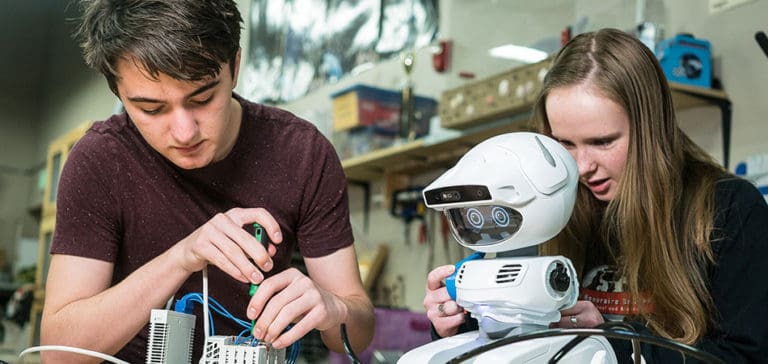 Image source: https://www.mistyrobotics.com/products/misty-ii/
Image source: https://www.mistyrobotics.com/products/misty-ii/
Simpler to build, less expensive to buy, self-activating machines are becoming indispensable teaching tools.
- 0 Comments
- Dec 7, 2020 10:00:00 AM
- Posted by Natalia Galvis
- Topics: EdTech, STEM, Curriculum, teachers, students, Technology, Edchat, Digital Technology, teaching, online, lessons, eLearning
A 2021 Definition of EdTech
 Photo by Caspar Camille Rubin on Unsplash
Photo by Caspar Camille Rubin on Unsplash
Edtech, or “educational tech,” is the utilization of apps and tech devices for the purpose of teaching and learning. Edtech can happen inside or outside of classrooms, at any time, and in any place. Most modern edtech involves the use of a wireless internet connection and an electronic device such as a smartphone, tablet, or laptop, or desktop computer.
- 0 Comments
- Dec 4, 2020 10:00:00 AM
- Posted by Natalia Galvis
- Topics: EdTech, STEM, Curriculum, teachers, students, Technology, Edchat, Digital Technology, teaching, online, lessons, eLearning
Using Teacher Community to Support STEAM Education
By Aaron Maurer

Image by StockSnap from Pixabay
STEAM education is possible during remote learning, and teacher communities can generate creative ideas to keep the learning moving forward
- 0 Comments
- Dec 3, 2020 10:00:00 AM
- Posted by Natalia Galvis
- Topics: EdTech, STEM, Curriculum, teachers, students, Technology, Edchat, Digital Technology, teaching, online, lessons, eLearning
Simple Ways to Incorporate Coding in Enrichment Classes
Young learners can develop understanding of coding concepts and computational thinking through visual art, movement, and music.
- 0 Comments
- Dec 2, 2020 10:00:00 AM
- Posted by Natalia Galvis
- Topics: EdTech, STEM, Curriculum, teachers, students, Technology, Edchat, Digital Technology, teaching, online, lessons, eLearning
4 Emerging EdTech Trends in 2021
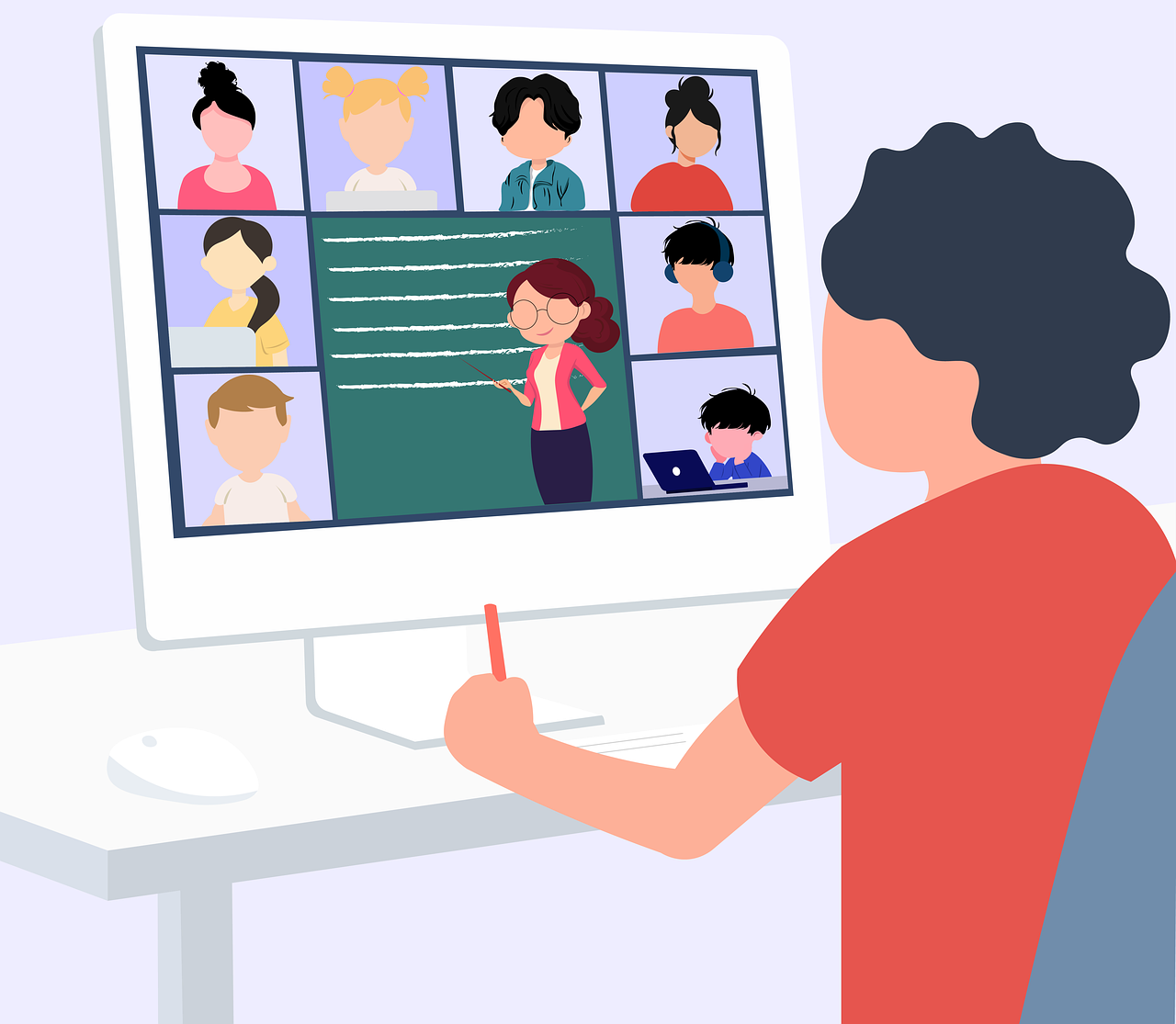 Image by Hatice EROL from Pixabay
Image by Hatice EROL from Pixabay
Covid-19 has not only changed education as we know it, but it has forced education technology (EdTech) to up its game. EdTech has been crucial since the start of this worldwide pandemic. Schools have used Google Classroom and other tools to teach their students and send them work. Parents and caregivers have used it throughout this time to help during homeschooling, and with new cases of Covid-19 ramping up, it seems EdTech is going nowhere soon.
Although there has been immense growth in this area in 2020, as EdTech companies competed for clients, there is still a lot more growth to come. Let’s have a good look at the four emerging EdTech trends in 2021.
- 0 Comments
- Dec 1, 2020 10:00:00 AM
- Posted by Natalia Galvis
- Topics: EdTech, STEM, Curriculum, teachers, students, Technology, Edchat, Digital Technology, teaching, online, lessons, eLearning
Online Program Brings Power of Immersive Space Simulations to STEM Learning
By Jane Gallagher
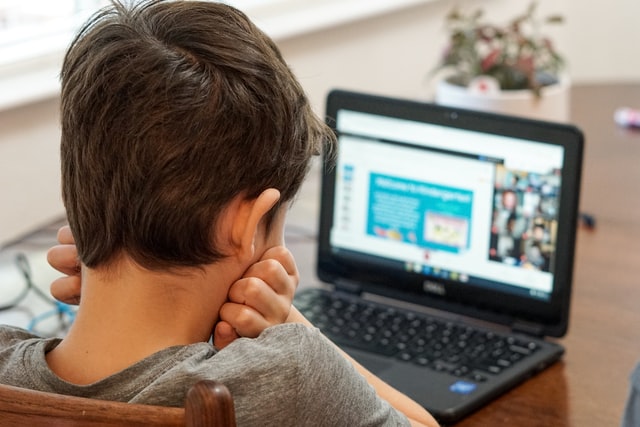 Photo by Thomas Park on Unsplash
Photo by Thomas Park on Unsplash
Online learning has increasingly become a viable option for schools and districts to provide their students with improved access to a greater number of the courses they need. Teachers are becoming more adept at incorporating online resources into their daily instruction, and the oldest K-12 online programs are now more than twenty years old. Hundreds of thousands of students are using online instruction either full-time, or to supplement their local school’s offerings. Today, students have many choices to utilize the power of online education to make learning personal and meaningful to them.
- 0 Comments
- Nov 30, 2020 10:00:00 AM
- Posted by Natalia Galvis
- Topics: EdTech, STEM, Curriculum, teachers, students, Technology, AR, Edchat, Digital Technology, teaching, online, lessons, eLearning
Relevant Posts
Popular Posts
Subscribe to Email Updates
-
I Want To Learn MoreADDITIONAL INFORMATION


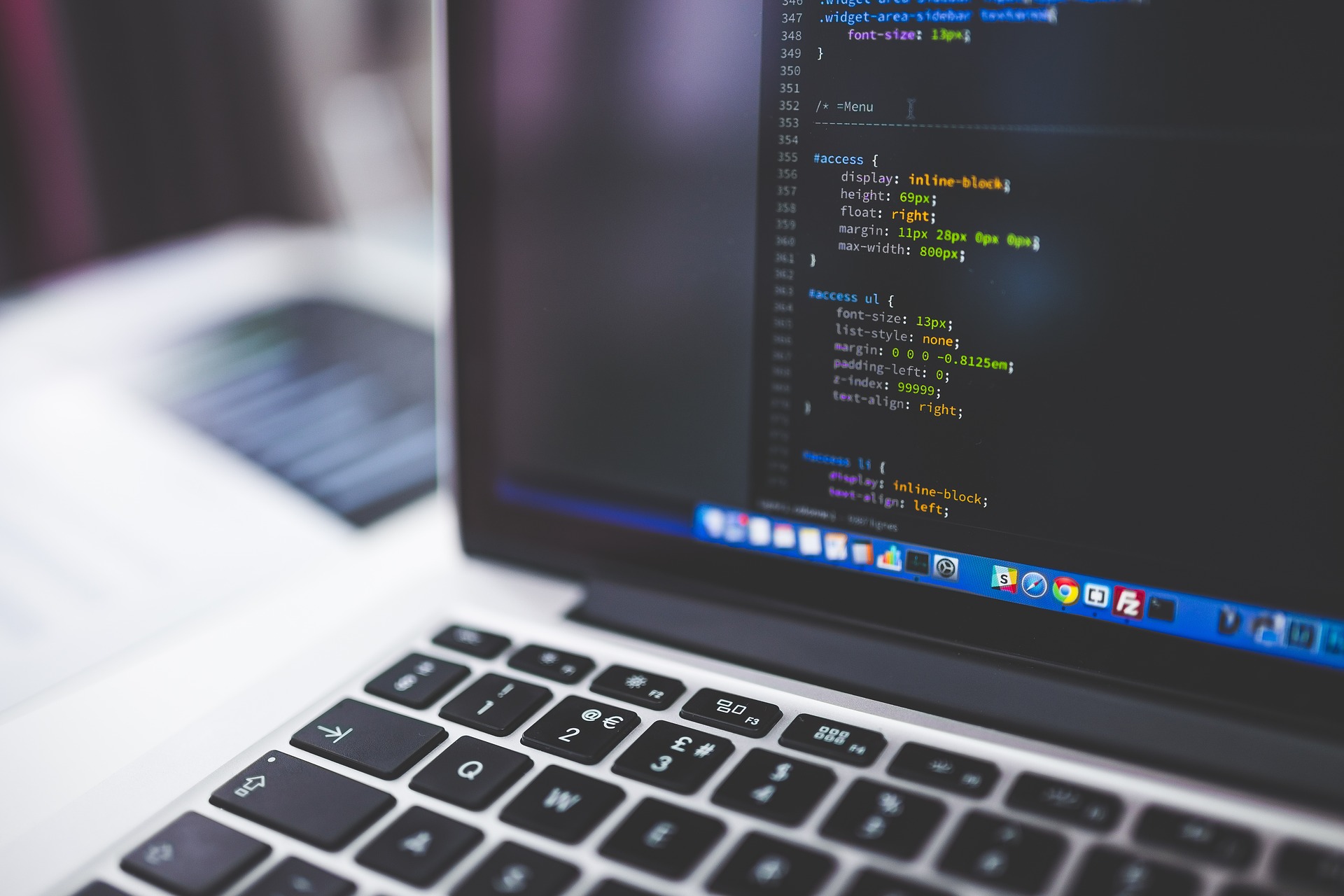 Image by
Image by 